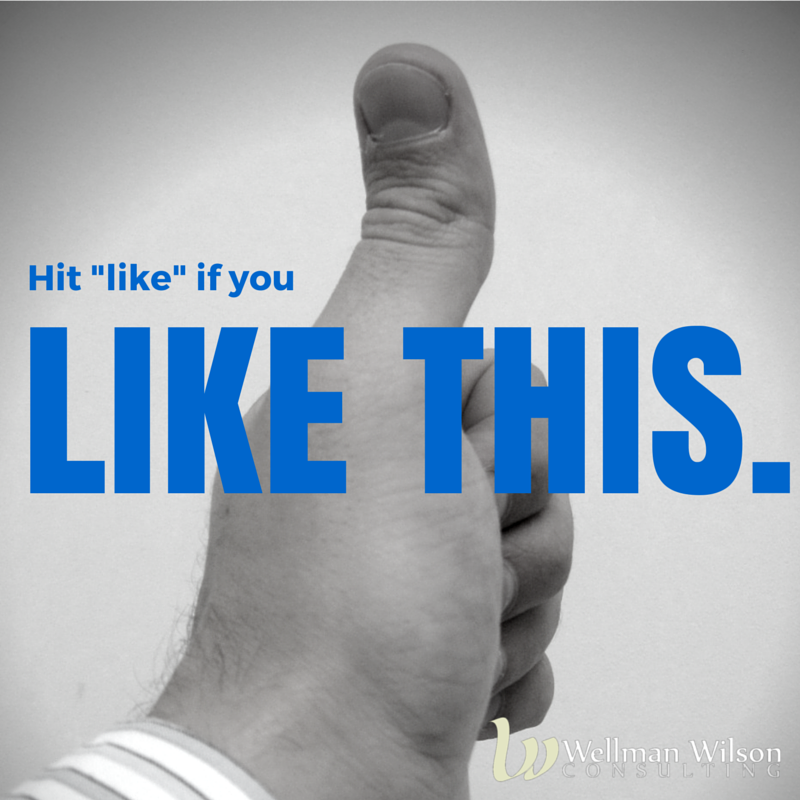I hit "like" a lot when I'm on Facebook. I also make a lot of obvious comments or sometimes ask questions I know the answer to. Why?
Because I'm all about gaming the algorithm. ;)
How Facebook works
We've talked about this before, but here's a quick recap on how Facebook works. Facebook doesn't show you everything because there is simply TOO MUCH content between all your friends and the pages you like (plus the ads, of course). Instead, Facebook tries to figure out what it is that you want to see and they do that based on:
- Things you have previously liked or commented on. If you liked it before, you're more likely to like it again.
- Things that are popular with lots of people. If lots of people like it, it's probably interesting.
Customize your feed
If you feel like you're always seeing content from the same people and not from others, change things up by going to some posts by people or pages you want to see and liking or commenting. This post came up in my feed today and clearly the post worked for them. It showed up in my feed as well as in many other people's feeds because so many others liked and commented. As a result, people should continue to see this content again in their feeds for awhile (unless they go back to not liking or commenting).
How can you get more people to see your content?
Always put a call to action into what you're saying to encourage your audience to do something. If you don't do that they are likely to read what you have to say and not do anything because it won't occur to them.
A few other simple things
- Like your own content as yourself.
- Ask a few of your close friends, dedicated clients, etc. to turn on notifications for your page and hit like and comment on your posts, and offer to do the same for them.
- If someone shares your content, like it and comment and thank them. You should do that because it's nice, but also keeping in mind that the more engagement the post has, the more likely that person's audience is to see it.
Facebook is a busy place with a LOT of content. It can be hard to stand out in the crowd and you can't expect to get incredible reach without being willing to spend some money on advertising. That being said, simply liking stuff can go a long way.
Leave a comment and let me know if you find your feed can change based on what you've been liking and comment on. Then go and like a few new things you'd like to see more of!










